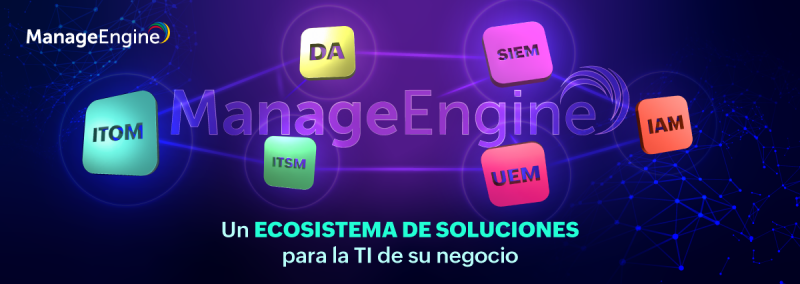The highly anticipated Moto X arrived in AT&T stores a few weeks ago. And with the introduction of the latest phone from Google-owned Motorola, Apple’s iPhone may have dropped to the third best smartphone on the market. That’s hard to believe, considering that just a few short years ago the inventor of the smartphone category had a dominant lead.
Yet at the end of June 2013, Google Android-based phones like the Moto X and those from Samsung had an incredible 79.3 percent market share, with Apple hovering around just 13.2 percent. Certainly there are smartphones with beefier hardware specs. But in comparison to the iPhone 5, the Moto X — with a 1.7 GHz dual-core processor, 4.7 inch display and longer battery life —easily outclasses it.
Since the big announcement on August 1st, reviewers have been quick to debate its virtues. One thing is clear so far: Like many Android phones, where the Moto X really shines is in its software innovation. It touts many features that frankly make the iPhone look dated — I can’t believe I’m saying that — including:
#1 So Long Siri
The Moto X has a voice-activated assistant that is what Siri should be. The Google Glass wake-up command “OK Google Now” turns the Moto X into a powerful personal assistant that can respond to a myriad of commands, such as adding daily tasks, setting alarms, looking up information, launching apps and much more, without as much as a touch of the screen. And, I mean not a touch — not even to turn on the phone. The fact that the Moto X has a dedicated natural language core-processor makes all of this possible without chewing up a lot of power and at a speed that is much faster than you might expect.
#2 Better Notifications
The Moto X takes advantage of its AMOLED display to offer ActiveNotifications from designated apps. Then, with a touch of the screen, the user is brought to the app in context. Only the pixels required to show the notification are lit, so your battery life is safe.
#3 Take Pics in a Snap
The Moto X can also launch apps with simple hand motions. By default, gently shaking the Moto X twice launches the camera app, making it available immediately to capture those moments you want to remember. Think about this feature the next time you want to quickly snap a picture — only to have to enter your password, find the camera icon and wait for the app to load.
#4 Learns (and Works) for You
The Moto X can operate differently based on where you are and what you are doing. For example, if you are driving, the Moto X can read your incoming texts and respond to them based on your conversational style commands. If you are in a meeting, the Moto will turn silent and send an auto-responder message to the person trying to reach you, letting them know you will get back to them after the meeting.
#5 The Device is – Gorgeous!
Many would say that the technical specs of the Moto X are middle of the road, but even here, Motorola has been able to make it work. The phone fits perfectly in the palm of your hand and the display maximizes the available surface area, offering vibrant colors and easy viewing from all angles. The hardware-software combination delivers a snappy user experience. The phone can be customized with a wide range of colors and accents, making it unique for every phone owner.
Epic Android vs. Apple Battle
It’s not just Motorola kicking some Apple butt either. Samsung also has a few tricks in its software bag, like its Smart Pause and Air Gestures. These days, the number of cores in the processor is less interesting to the average user, and as such, Samsung and Motorola are now selling software features and not specs anymore. This is where vendors have eclipsed the iPhone over the last 12 to 18 months.
Even with the introduction of the iPhone 5, Apple offered very few software enhancements for users. In fact, their most highlighted software introduction, the Maps app, was a complete disaster. Other than incremental hardware enhancements, Apple has failed to wow.
Software is where Android-based phone vendors will continue to separate themselves from Apple. The open Android system gives device makers the ability to innovate and differentiate. It encourages developers to extend Android to new levels of functionality and productivity. Where some have seen fragmentation of Android, I see opportunity.
In fact, that’s why Apple has quickly found itself relegated to a “me-too” smartphone vendor. Sure, they invented the category, but they have the difficult task of hitting homeruns with every release. They haven’t really been able to do so since iCloud back in 2011.
We’ll see what happens next month when Apple unveils its new iPhone 5S, but I don’t think the new gold color option will be enough to reverse its downward spiral.
Raj Sabhlok is the president of Zoho Corp., which is the parent company of Zoho.com and ManageEngine. Follow him @rajsabhlok.
